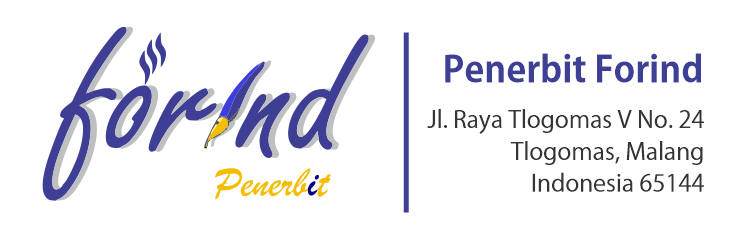EFEKTIFITAS SQUARE STEPPING EXERCISE TERHADAP PENURUNAN RISIKO JATUH PADA LANSIA DI UPT PELAYANAN SOSIAL TRESNA WERDHA (PSTW) BANYUWANGI
Keywords:
Elderly , Fall Risk , Square Stepping Exercise , Balance , Berg Balance ScaleAbstract
Elderly individuals experience various physiological changes that increase the risk of falls, such as reduced muscle mass, balance, and sensory function. One intervention method that can be used to reduce fall risk is Square Stepping Exercise (SSE), a step-based physical exercise designed to improve balance and coordination in older adults. This study aims to analyze the effectiveness of Square Stepping Exercise in reducing the risk of falls among elderly residents at UPT Pelayanan Sosial Tresna Werdha (PSTW) Banyuwangi. This research employed a pre-experimental design with a one-group pre-test & post-test approach. The study sample consisted of 35 elderly individuals selected using purposive sampling. Data was collected through observations using the Berg Balance Scale (BBS) before and after the SSE intervention. Data analysis was performed using the Wilcoxon Signed Rank Test. The study results showed that the average balance score before the intervention was 28.17, which increased to 38.77 after the intervention. The Wilcoxon test results indicated a p-value of 0.000 (p < 0.05), demonstrating a significant difference in balance scores before and after the intervention. Square Stepping Exercise is proven effective in reducing the risk of falls among the elderly at UPT PSTW Banyuwangi. This exercise can be adopted as a preventive measure to enhance balance in older adults. It is recommended that Square Stepping Exercise be routinely implemented in social care homes and elderly communities as a fall prevention strategy. Healthcare providers can offer education and guidance to ensure that older adults can perform this exercise independently or with supervision.
Published
How to Cite
Issue
Section
Copyright (c) 2025 ASSYIFA : Jurnal Ilmu Kesehatan

This work is licensed under a Creative Commons Attribution-NonCommercial-ShareAlike 4.0 International License.
Attribution-NonCommercial-ShareAlike 4.0 International (CC BY-NC-SA 4.0)
You are free to:
- Adapt — remix, transform, and build upon the material
- The licensor cannot revoke these freedoms as long as you follow the license terms.
Under the following terms:
-
Attribution — You must give appropriate credit, provide a link to the license, and indicate if changes were made. You may do so in any reasonable manner, but not in any way that suggests the licensor endorses you or your use.
-
NonCommercial — You may not use the material for commercial purposes.
-
ShareAlike — If you remix, transform, or build upon the material, you must distribute your contributions under the same license as the original.
- No additional restrictions — You may not apply legal terms or technological measures that legally restrict others from doing anything the license permits.




